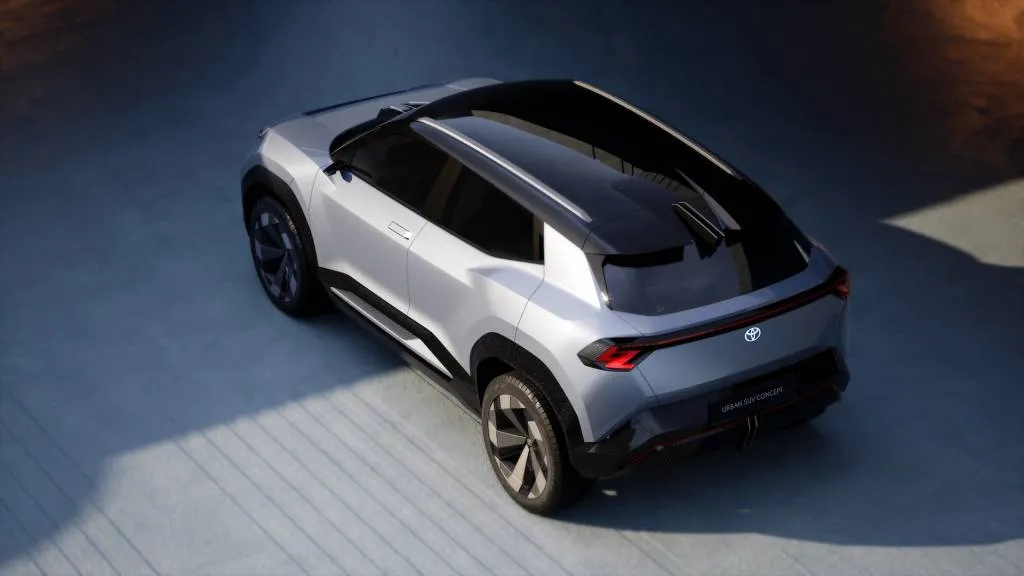- Woven Metropolis is a key venture in Toyota’s shift to a mobility firm
- Will take a look at concepts, merchandise, and providers for mobility
- Might have an effect on in-vehicle software program, or the form of city autos, amongst many areas
At CES 2025 in Las Vegas on Monday, Toyota offered an replace on its Woven Metropolis venture that was first introduced in idea type at CES 2020.
Woven Metropolis serves as a take a look at course for mobility—wanting past vehicles and the standard types of mobility Toyota has produced.
Toyota reported that it has completed the preliminary buildings for Woven Metropolis In Shizuoka, Japan, and it has renovated a former manufacturing plant to function the manufacturing hub for the venture. This Part 1 of the venture is ready for an official launch in fall 2025.
The power is, true to its title, a metropolis within the making, and it goals to check concepts, merchandise, and providers for mobility. It contains each Toyota and Toyota Group corporations plus “exterior corporations, startups, and particular person entrepreneurs.”
Beginning later this 12 months, Woven Metropolis will function an incubator for concepts and can search for collaboration amongst inventors, plus suggestions from residents and inventors. Part 1 will accommodate about 360 residents, whereas there might be 2,000 or extra residents for Part 2 and past.
Woven Metropolis will span capabilities starting from software program to manufacturing, and in keeping with Toyota it “presents a singular surroundings geared up with the instruments and providers wanted to sort out societal challenges and create future-focused worth.”

Toyota City SUV Idea
Particularly, the vary of services from Woven Metropolis may not be immediately associated to its present or upcoming automobile lineup, and so they might run the gamut—starting from functions with automated e-pallets to assisted-living options and robotic options that assist cook dinner or fold garments.
Toyota hasn’t disclosed how a lot cash it’s invested within the venture, however it made Woven by Toyota (WbyT) a wholly owned subsidiary of the corporate in 2023.
Along with work with Eneos Company, Rinnai Company, and Nippon Telegraph and Phone Company, preliminary “inventors” on the Woven Metropolis embody Daikin Industries, DyDo Drinco, Nissin Meals Merchandise, UCC Japan, and Zoshinkai Holdings. Longtime provider Denso has additionally been concerned.
Toyota the automaker began in 1933, however the associated Toyoda Loom Works was already by then well-established in weaving textiles, so Woven Metropolis is a nod to the corporate’s heritage.

Toyota i-Street electrical city mobility car
Maybe in an indication of the instances, Toyota hasn’t centered solely on hydrogen for the venture. Whereas Toyota may not be making it the focus for all issues mobility-related—maybe not as a lot, as of late, as Hyundai’s hydrogen imaginative and prescient—it hasn’t given up on its hydrogen imaginative and prescient and it devoted a U.S. “hydrogen headquarters” for fuel-cell product growth in 2024.
Toyota additionally hasn’t stated precisely how electrification, vitality, or environmental concerns will play a task—though it virtually actually will, and it’s earned Japan’s first LEED for Communities Platinum certification. Whereas Toyota ponders a few of these deeper questions on mobility on the Woven Metropolis, it’s additionally pivoting towards the growth of recent engines however nonetheless debating internally when it sees the top for non-hybrid gasoline autos.

2025 Toyota bZ4X
In a broad sense, what Woven Metropolis would possibly present is a way of how autos would possibly higher match trendy society, with its denser residing, growing older inhabitants, and completely different work and commuting patterns. However as to the way it will really change car software program interfaces, interiors, and even the bodily form of autos and mobility itself, properly, we now have to allow them to get to work.